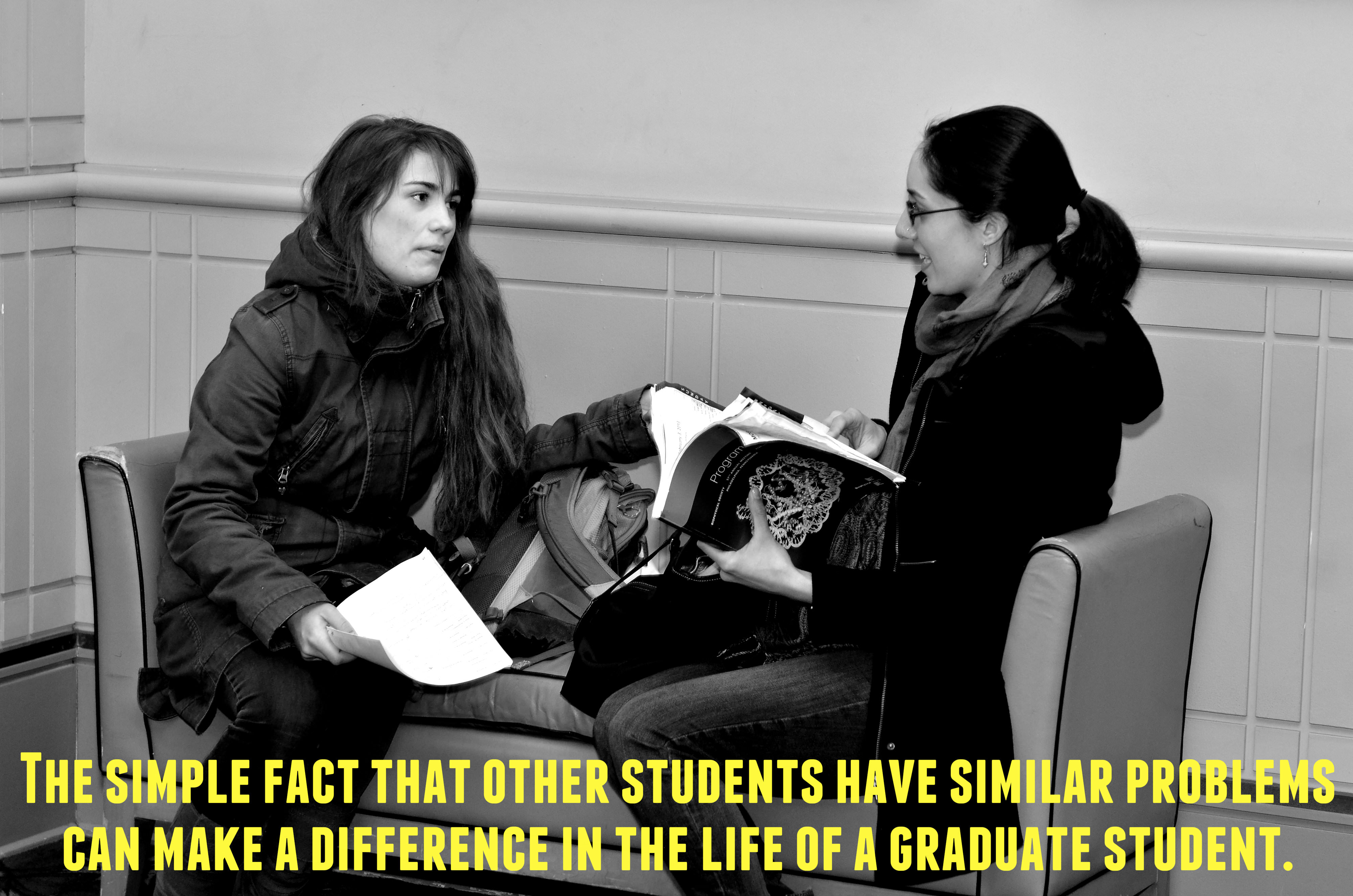Marina Ramirez-Alvarado, Mayo Clinic, and a member of the Biophysical Society’s Committee for Professional Opportunities for Women, considers the state of mentoring in academia in this three part series.
Last week, I wrote about a disconnect between mentors and mentees that often leaves students in the cold. This week, we delve into what creates this disconnect.
Lack of communication between advisors and their mentees.
The lack of communication between advisors and mentees plays a role in the problems within the swim or sink approach. In this model of training to become a scientist, you have to follow unstated secret steps to “guess” what your advisor wants because he/she is not talking to you and telling you exactly what is expected of you. In some cases, the lack of clarity about expectations happened throughout the PhD training; in others, it got lost along the way over the years. Sometimes, it just took one disagreement and the student went from being on the “good guy list” to the “evil/dumb list.”

Differences in the way students are treated in public and in private. In this scenario, there is a disconnect between what the advisors do and say in public, during committee meetings and public seminars and what they do and say in the privacy of their offices or the laboratory. The students get a mixed message from the advisor that is very confusing and totally draining. Which message to trust? The one shared in public or in private? The positive or the negative one? For the advisor, it only takes seconds to convey a mixed message; for the student, it takes months, sometimes years to figure out what to believe, what to trust and what to do.
Advisors acquire tremendous power and control over their students. They learn what makes their students tick and use it to their full advantage. In the process, it is not uncommon that the training of the student, as well as their personal and scientific growth are not a priority.
Should I stay or should I go? dilemma. When communication between student and advisor is broken, the student receives mixed messages and the student’s training has been compromised, the student may find him/herself stuck with a project, an advisor, and a thesis project they are no longer fulfilled by. The possibility of leaving this laboratory to start again would mean getting farther behind in the training, so many students in this situation decide to stay. As a student, you are at a disadvantage by pursuing either option.
Student isolation. Many of these students are isolated and feel that they are the only ones suffering this weird treatment. No one around them is talking about these problems, so they do not feel as though they can—or should need to—reach out to anyone. Some students feel ashamed and don’t talk to anyone because they believe it would just make themselves more vulnerable to more abuse and mistreatment. What they don’t realize is that by talking to other students and in some cases, other faculty members supportive of their cause, they will begin to solve these complex issues. The simple fact that other students have similar problems and that there are faculty and students that care about them can make a difference in the life of a graduate student in trouble.
A culture of silence and lack of accountability. Students usually do not report mistreatment from their advisors, even in extreme cases where the mistreatment would qualify as harassment or abuse. They do not report because they fear retribution from the mentors, who will play a huge role in their ability to graduate and their scientific lives for years to come. They don’t report it because the graduate school education system in the US does not hold advisors accountable for bad mentoring. A future national mentoring evaluation system would allow institutions to have guidelines for best practices and accountability measures.
First year graduate students join laboratories and senior students do not feel comfortable warning them about the issues associated with their discontent. This perpetuates the trend of popular laboratories having lots of students despite bad mentoring. First year graduate students sometimes choose an advisor by following the example of other students who are doing their theses in that laboratory. What they do not realize is that each student is a unique individual and a perfect student-advisor match does not mean another student will find success with the same advisor.
Graduate students need to know that a very successful laboratory with lots of funding does not guarantee a successful PhD experience for every student.
Next time: What can be done to address these issues?
The author wishes to thank Dr. Estefanía Mondragón and Prof. Gabriela Popescu for their helpful suggestions on this blog series.